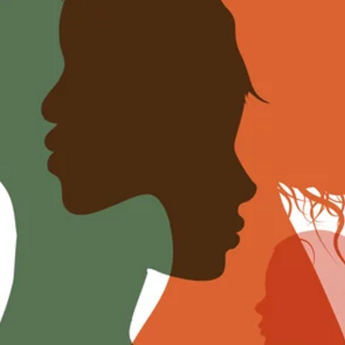NorDev25: Solidarity, Social Justice and Sustainability
24-26 September 2025, Ås, Norway
Welcome to the 8th Joint Nordic Development Research conference (NorDev) to be held at the Norwegian University of Life Sciences (NMBU) in the Fall of 2025. The theme of the conference is “Solidarity, social justice and sustainability”: Nurturing academic-civic solidarity, fostering social justice, and cultivating collaborations in an era of uncertainty”. NorDev25 is organised by NMBU, with support from the university’s Global South Working Group, and the Norwegian Association for Development Research (NFU).
The conference will gather researchers, scholars, students, policy makers and civil society actors from the Nordic counties and from collaborating universities and partners in other parts of the world, including the Global South, to discuss how to strengthen solidarity and social justice across borders and secure progress towards social, economic and environmental sustainability and equality for all.
Read more and register on the NorDev Website
Background
Growing inequalities, geopolitical instabilities, political polarization, new and protracted conflicts, anti-democratic and nationalistic tendencies and environmental and social injustices linked to unsustainable development trajectories and the “green transition” within and beyond the Nordic countries and Europe threaten to undermine academic and civic freedoms, human rights and development gains and efforts worldwide. The need for collaborative efforts, and critical thinking on “the global development project” and the root causes and solutions to the interlinked sustainability challenges of our times has never been greater. Yet while Nordic universities and development research environments have traditionally played a key role in championing global perspectives, and pursuing collaborative, internationally oriented research and teaching approaches, these activities are under increasing threat. Reforms in academic funding models (leading inter alia to the introduction of study fees for international students in Norway last year), changing geopolitical realities, and new and changing development assistance priorities and modalities are undermining the “global classroom” and weakening possibilities for international collaboration and solidarity. There is an urgent need in this changing context for enhanced Nordic cooperation and rethinking of the roles, responsibilities and possibilities for Nordic development research environments to foster and support inclusive and just transitions to sustainability both at home and abroad. The role of Nordic universities in contributing to inclusive and safe spaces for cross-cultural dialogue and fostering academic-civic solidarity and long-term institution building and reconstruction in the context of increasing geopolitical instabilities, war and protracted conflicts are also important and urgent topics.


